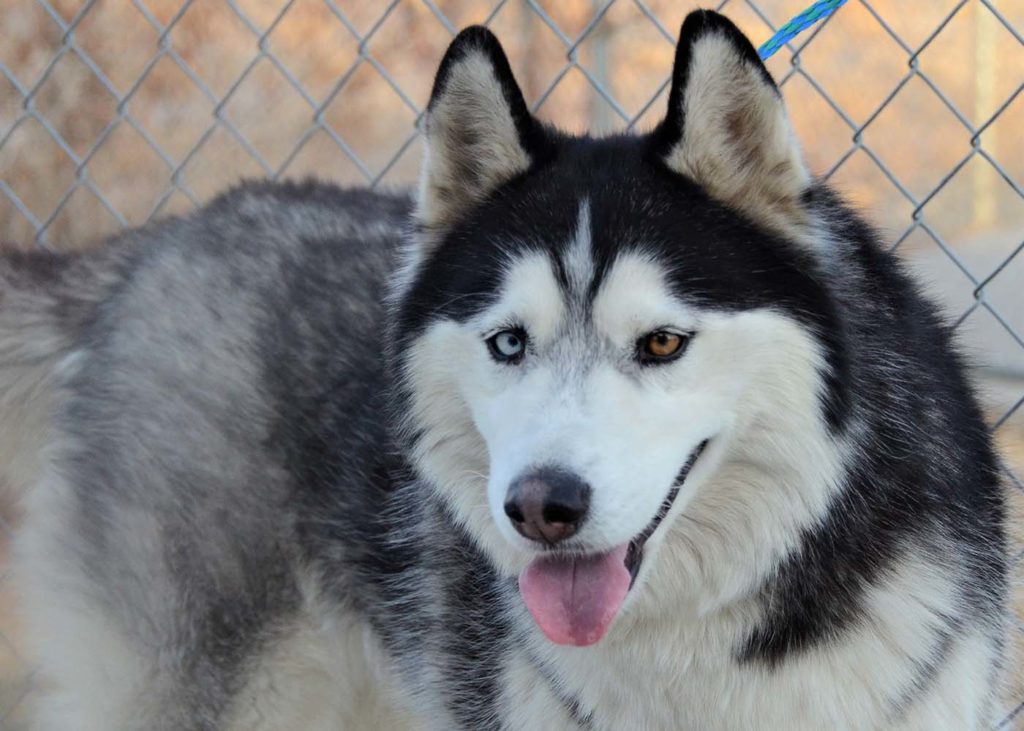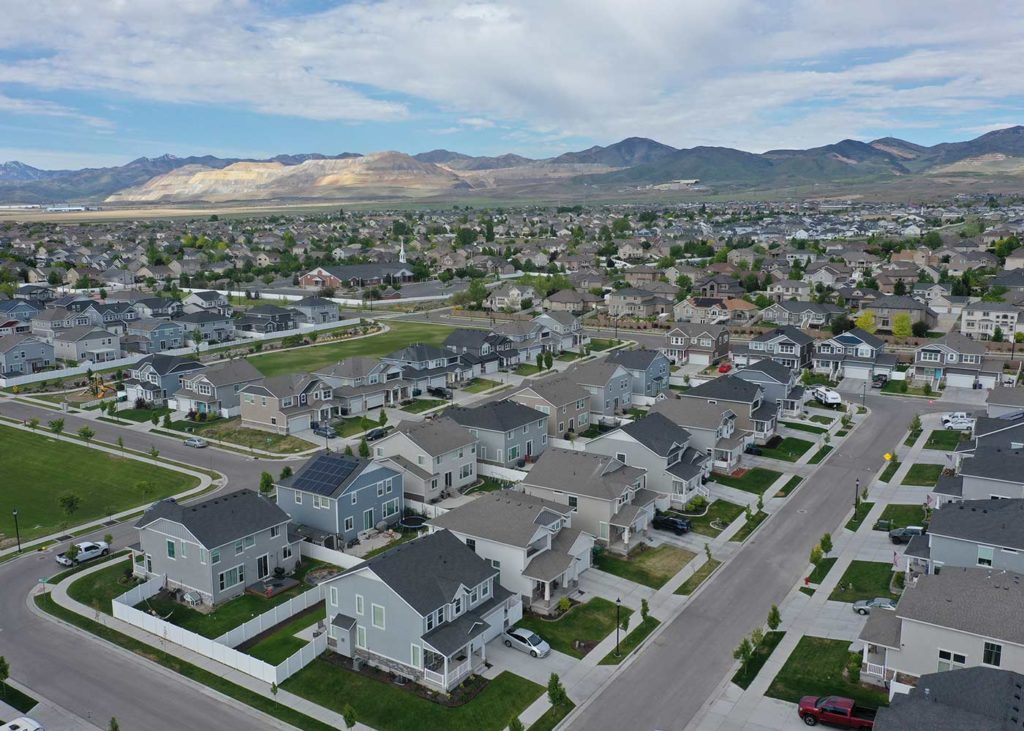The West Jordan Animal Shelter is city-owned and operated. The shelter cares for thousands of lost, abandoned, or stray animals and helps them find a forever home.

Animal Services – Frequently Asked Questions:
What do I do if I have a skunk or raccoon near my property that is a threat?
The City of West Jordan participates in the Salt Lake County Urban Wildlife Assistance Program.
This program is for the removal of skunks and raccoons only. Other animals and roadkill are not part of this program. Here are the steps you can take for skunks and raccoons:
- Purchase a live trap
- Wire cage traps can be purchased at most local farm/co-op stores, sporting goods stores, and many online retailers. When purchasing a trap, get one large enough for an adult raccoon to fit in comfortably.
- A large trap size is usually 10″ x 12″ x 32″, big enough when catching a skunk.
- Extra large traps are around 15″ x 15″ x 42″ and may be beneficial when trying to catch large, adult raccoons.
- A limited number of loaned traps are available on a first come, first serve basis and are loaned out for a two week period.
- After you have trapped the animal
- Call the urban office at 385-419-3405 before 8:30 AM and leave your name, number, address, and trap location on the voicemail and the animal will be picked up that day – free of charge.
- If the call is received after 8:30 AM, the trap may not be picked up until the following business day.
- Required Documentation
- Prior to the first pick-up, or at the time of pickup, please print and complete the highlighted portions of the WS FORM 12C. Wildlife Specialists will not remove the animal until the form is signed. Place the form in a zip lock bag and secure it on your front door or near the trap. This form allows specialists permission on your property.
- The document needs to be signed only once for each individual property and is good for five years from the signed date. Subsequent visits to the same property will not require another form.
- Technical Assistance
- If you have specific questions about how to alleviate damages posed by raccoons, skunks, or any other wildlife species, call and leave their name, number, and a brief message to the urban office 385-419-3405. Specialists will provide information, advice, and techniques on how to handle each specific situation.
What do I do if I have problems with wild animals?
For residents with problems such as moles, voles, rats, mice, and other large wild animals need to seek help elsewhere. For those types of animals, residents can obtain solutions from a home improvement store or an online resource. Residents can also contact a private pest control agency for assistance.
Can I volunteer at the West Jordan Animal Shelter?
West Jordan is a small shelter, and at this time there are no additional volunteer opportunities needed. You are welcome to visit during our regular hours to interact with animals available for adoption!
Does the West Jordan Animal Shelter provide spays, neuters, or vaccinations for pets?
No. Our shelter does not have a veterinarian on staff. We are not able to provide any spaying, neutering or vaccinating for the public.
The only animal shelter in Salt Lake County providing those services for the general public is the Humane Society of Utah (located in Murray). Residents can go to their website for more information about spay and neutering and to schedule appointments.
Residents may also find a veterinarian near their own home to help care for their pets.
How many dogs and/or cats can I have at my home?
A homeowner or property owner within the City cannot own, harbor or license more than four adult dogs and/or four adult cats at a time.
What if someone is bitten by an animal? How do I know if they had rabies?
Humans who are bitten by other animals including dogs, cats, raccoons, bats, or skunks must be reported to Animal Services. Dogs or cats that have been bitten or possibly bitten by bats, raccoons, or skunks must be reported to Animal Services by calling dispatch at 801-840-4000 or calling the Animal Services staff at 801-282-3951.
If you or your pet have been bitten by an animal, please refer to the Rabies Exposure Assessment Tool from the Utah Department of Health and Human Services for additional guidance.
Can my dog be loose in my front yard or park without a leash? Can they be loose if they have an e-collar?
Dogs must be restrained at all times. This means the owner has physical control, whether by leash or lead, or confined within a car, or fenced in within your property limits.
Can I have chickens and/or roosters in West Jordan City?
Yes. First you need a fowl-keeping permit. Find the application here: Fowl-Keeping Permit Application
Residents may keep up to five egg-laying hens and up to five chicks within their property. All enclosures, pens and coops must be at least 20 ft. from the nearest neighbors primary living building (home) and 5 ft. from your own property line. When the weather is cold and you need a heating device, the pen or coop needs to be at least 10 ft away from your own primary living on your own property.
Roosters and crowing hens are NOT allowed in typical residential areas. They are only allowed in rural residential or agricultural areas.
What do I do if there is a wild cat in my area?
Trap, Neuter & Release
The Trap, Neuter & Release program helps manage and reduce feral cat populations in West Jordan. Feral cats, who are captured, are spayed or neutered, vaccinated, and returned to their original location.
Benefits of this program:
- Prevents the birth of unwanted kittens in the community.
- Reduces the hormone-caused nuisance behaviors associated with cats not spayed or neutered.
- Vaccinates feral cats for the public’s health.
- Reduces the number of cats euthanized in animal shelters.
Resident Participants
Residents who are willing to be involved in the program can pick up a humane cat trap from the West Jordan Animal Shelter (5982 New Bingham Hwy). Residents can place a trap on their own property to capture cats. Once a cat is captured in the trap, the cat can be transported to the animal shelter by a resident, or an animal services officer. The officer will impound the cat and leave the trap at the trapping site during regular business hours. The cats will be spayed or neutered, vaccinated for public health, and released back to the original location.



